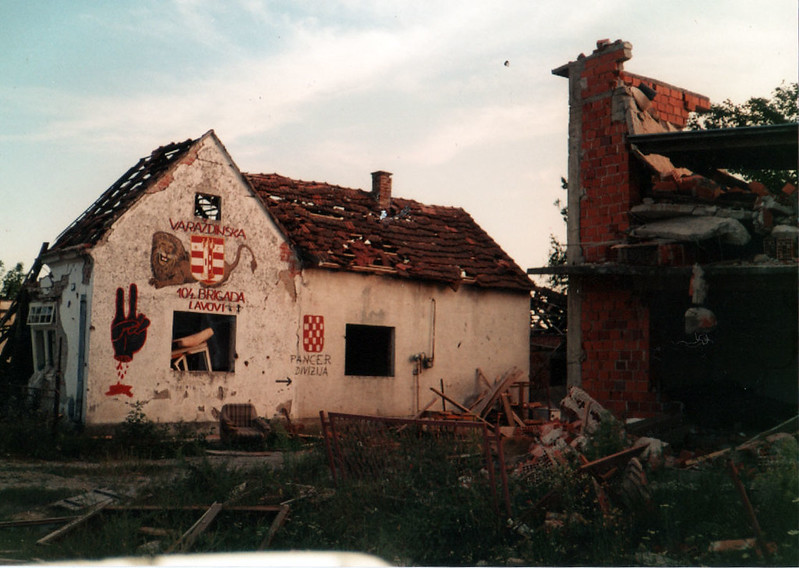- About
- Topics
- Picks
- Audio
- Story
- In-Depth
- Opinion
- News
- Donate
- Signup for our newsletterOur Editors' Best Picks.Send
Read, Debate: Engage.
| topic: | LGBT Rights |
|---|---|
| located: | Croatia |
| editor: | Katarina Panić |
After years of fighting to foster or to adopt children in Croatia, Ivo Šegota and Mladen Kožić won the long-lasting legal battle against the state. The Zagreb-based Administrative Court ruled last month that same-sex couples have the right to become foster parents. Ivo and Mladen told local media they would like to have two or three children, brothers and sisters, if possible. “This is a Christmas gift we didn't dare to hope for”, Šegota told to the court.
For the very first time, Croatia has upheld the international case law and the rulings of the European Court of Human Rights (ECHR) according to which same-sex couples must be treated equally as heterosexual couples. Activists call it a historic moment for the LGBT community in the country.
Back to 2016, the ECHR fined Croatia for discriminating against same-sex couples by not granting residence permits to couples in which one partner comes from abroad. By then, the right was guaranteed for foreigners in heterosexual marriages or non-marital partnerships only.
Back to 2013, some 65 per cent of Croatians voted in a referendum to define marriage as a union between a man and a woman and so banned same-sex marriage in the predominantly Catholic nation that earlier that year had become the newest EU member.
The next year Croatia passed the Life Partnership Act giving same-sex marriages the same rights as the heterosexual ones, but not the right to adopt children. A few hundred gay couples registered their life partnership ever since, among them Mladen and Ivo.
Soon they asked for the right to adopt children and were rejected immediately. They sued the state and are still waiting for the final verdict. Then they asked to foster children instead of adopting them. They have been rejected for that, too. In Croatia, a single person has the right to foster, but a person in a same-sex marriage does not. The ruling conservatives said allowing same-sex partners to foster children would go against their beliefs.
“We went to the Court not because our aim was to sue the state and to enter into a time-consuming, emotionally and financially exhausting dispute, but because it was the remedy of last resort against discrimination”, Mladen told local media.

